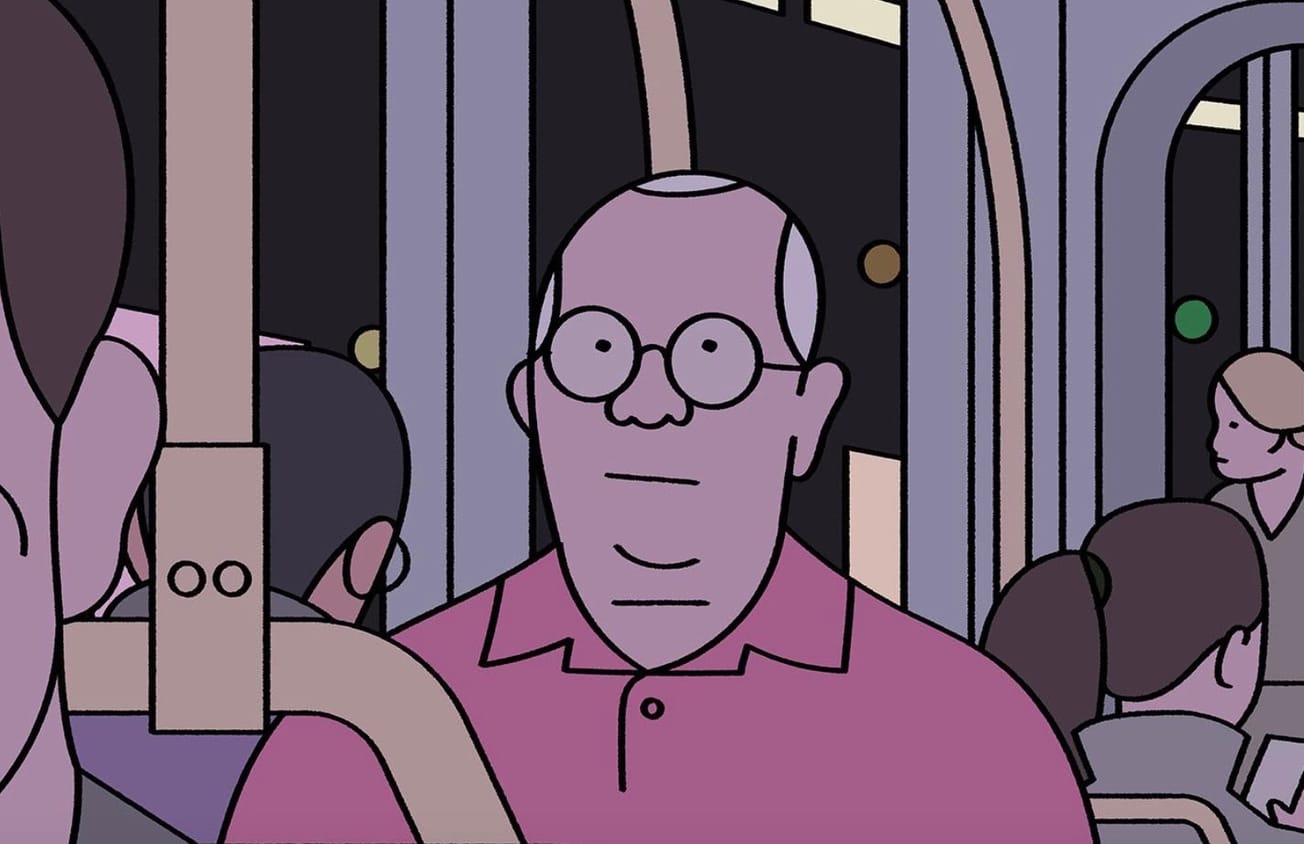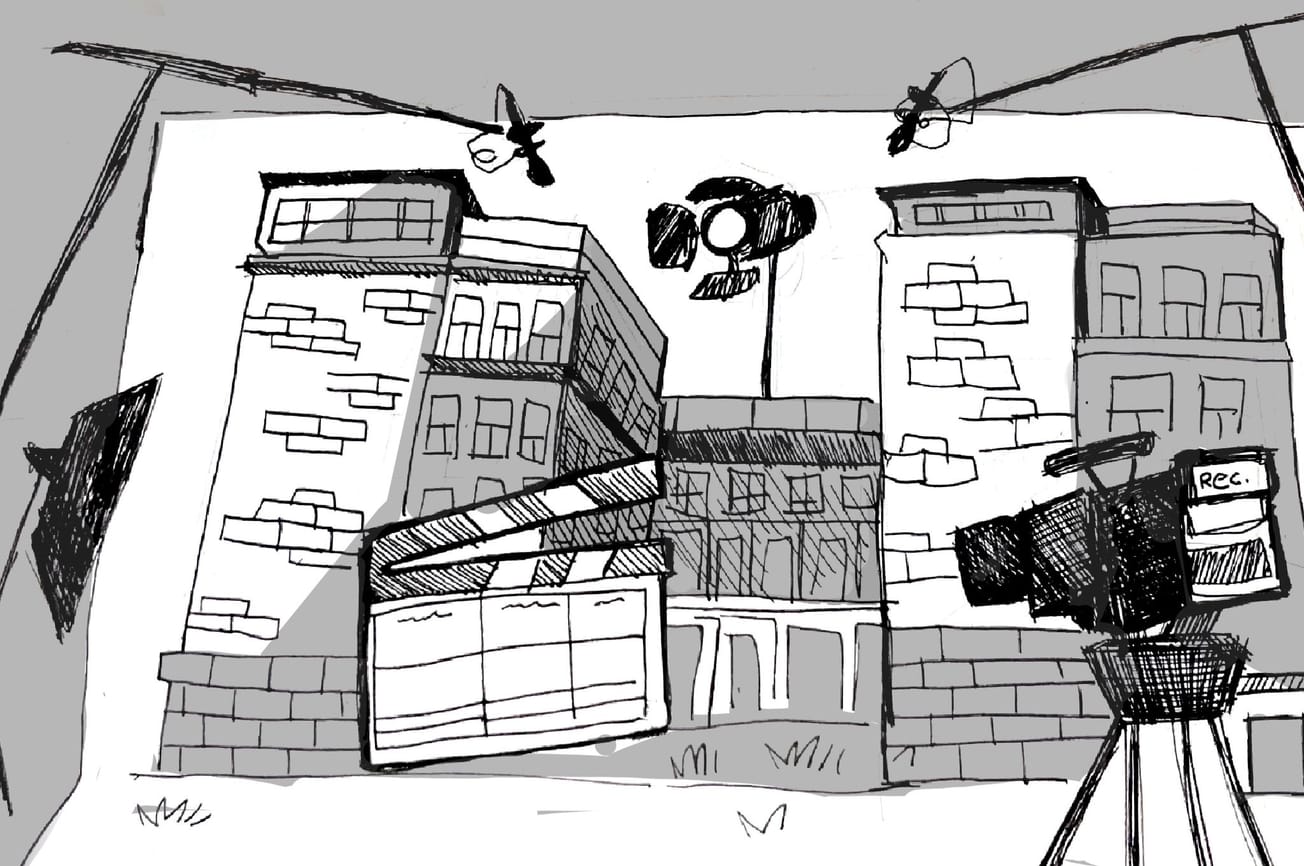By Milan Perera, Arts Critic Columnist
The Croft Magazine // Having given up on being a Catholic many years prior, Milan shares how their view of spirituality has evolved and developed as an agnostic. Delving into the complexities of the history of Catholicism, Milan explores the nature of organised religion and how wider research into the work of philosophers has impacted their opinion.
On Easter Sunday, as a post-Catholic agnostic, I made my once a year, perfunctory appearance for the services. But then it dawned on me why I abandoned Christianity in the first place. The priest was trying his very best to be gregarious and chummy in the manner of a stand-up act on Friday night at the local pub. But it felt forced and insincere. In my youth, the reverence that was instilled in me as a child was assailed on two fronts; rationality and the shortcomings of religion. With the knowledge we have accumulated over the past few hundred years as a species, I found it extremely difficult to reconcile the worldview of organised religion alongside the rational outlook of the world based on science and logic.
In this pervasive atmosphere of rationality, some religions, especially Christianity, have made attempts to forge a tenuous relationship between science and faith. It was doomed to fail from the start. In essence, they stripped off the numinous aspects of religion which bypass logic and reason, reaching the innermost sanctum of individuals. Without those elements, religion becomes anaemic and gormless. The images, sights and sounds have the power to move and inspire. Once this sensory appeal is removed, religion becomes anachronistic nonsense. No wonder church attendance in the West has been dwindling rapidly for the past thirty years. Kevin Systrom, the co-founder of Instagram, pointed out the importance of the visual medium even in an age of rationality and logic: ‘People have always been visual – our brains are wired for images. Writing was a hack, detour. Pictorial language are how we all started to communicate – we are coming full circle.’

One of the pivotal moments in my life was coming across Dawkin's theory of the ‘God Delusion’. This would define my spiritual trajectory for at least the next six years. Without the slightest hyperbole, the 2005 title God Delusion by Dawkins marked a watershed moment in the history of the religion of spirituality. It was as dramatic as the Old Testament narrative of the parting of the Red Sea. Though it is evident that organised religion has been responsible for multitudes of atrocities, including murder, pillage and captivity throughout history, the fact remains that it has been a primal mover of humanity despite our best efforts to shake it off.
Attempting to prove the non-existence of God is an entertaining pastime for atheists. Tough-minded critics of religion such as Richard Dawkins, Sam Harris, Daniel Dennett and Christopher Hitchens derived an almost sadistic pleasure in laying bare the idiocy of believers in acute detail, not finishing even when they felt they had shown up their enemies as simpletons or lunatics. Caught between the militant atheists and strident religious groups, I felt that there was no middle ground for tolerance and appreciation while espousing the logic and rationality of science. Then I came across an incident recounted by Thich Nhat Hanh in his book ‘Living Buddha, Living Christ’. When he was taking part in an inter-religious gathering in India, a particular speaker caught his attention when he said although it is a great opportunity to discover other faiths ‘we are not going to make a fruit salad!’ When it was his turn to speak, Thich Nhat Hanh, the pillar of Buddhist orthodoxy, surprised everyone by uttering the words ‘a fruit salad can be delicious!’

In my current trajectory of spiritual quest I attempt to learn from various traditions without the need to be conformed to any particular faith or persuasion. I found it both enriching and a mind-expanding exercise when I try to find common themes and answers to bigger questions of life from various sources. The writer and philosopher Alain de Botton who is an avowed atheist finds relevance of religion even in an era of history as ours. In his book ‘Religion for Atheists: a non-believer’s guide to the uses of religion’, he comments:
‘The error of modern atheism has been to overlook how many aspects of the faiths remain relevant even after their central tenets have been dismissed. Once we cease to feel that we must either prostrate ourselves before them or denigrate them, we are free to discover religions as repositories of a myriad of ingenious concepts with which we can try to assuage a few of the most persistent and unattended ills of secular life.’
He further reiterates: ‘In a world beset by fundamentalists of both believing and secular varieties, it must be possible to balance a rejection of religious faith with a selective reverence for religious rituals and concepts.’
Featured Image: Finnuala Brett
How has your perception of religion changed as you've grown up? Let us know!









